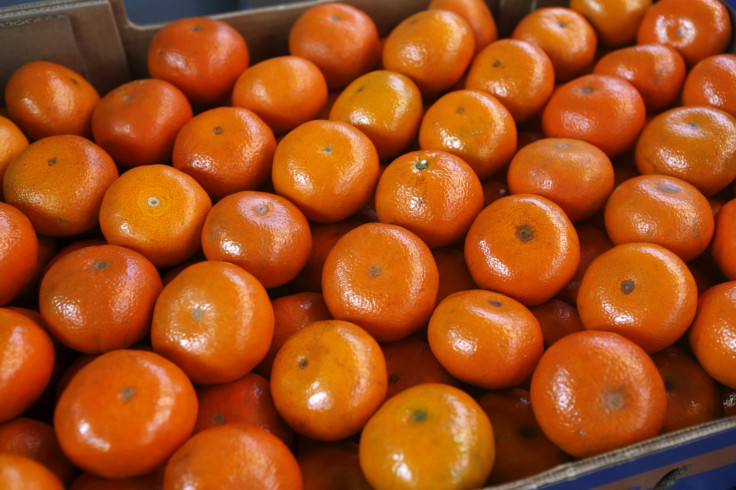US Military Commissary Food Price Hike? Produce In Pacific Could Be More Expensive Under New Rules, Defense Contracts

It could soon be more expensive for U.S. military personnel to buy fresh produce in commissaries in the Pacific, Military Times reports. As the new rules take shape, some argue that military families in those areas will find it harder to maintain healthy eating habits.
The possible uptick in prices would come with two Defense Commissary Agency contracts scheduled to take effect Oct. 1 that would change how the agency gets fresh fruit for its stores in the Pacific. A previous contractor is contesting the new contracts, with a decision expected soon.
The U.S. House of Representatives also approved an amendment to the 2016 defense authorization bill -- which lays out next year’s military budget -- that would prevent the commissary agency from making its planned cost-cutting changes that would increase food prices. The bill awaits approval from the National Defense Authorization Act conference committee, but President Barack Obama has threatened to veto the whole package because it increases war funding instead of increasing the regular budget.
Under the new commissary rules, the Defense Commissary Agency would look to reduce spending on the operation of commissaries, which currently costs taxpayers about $1.4 billion yearly. The government pays $48 million per year to ship produce to 29 commissaries in Japan, South Korea and Guam. Under new rules, the government would not shoulder that transportation cost, which helps keep prices low.
Contractors could then either get their produce locally or pay shipping costs to bring it in from the United States, which would be reflected in commissary costs. Either way prices would probably rise, industry sources told the Military Times. Produce would, in turn, become more difficult to purchase, while junk food prices would stay the same. Such an effect would contradict the Department of Defense's Healthy Base Initiative, which aims to improve nutritional choices and promote healthy lifestyles at 14 sites, including one base in the Pacific.
While others have suggested prices would increase using locally sourced produce, the Defense Commissary Agency said prices would remain comparable, pointing to successes in similar strategies used in Europe. But Europe has more available locally grown produce, industry sources told the Military Times.
House and Senate lawmakers are still negotiating the final details of the 2016 defense authorization bill, which usually passes toward the end of fall but has moved along speedily this year.
© Copyright IBTimes 2025. All rights reserved.






















